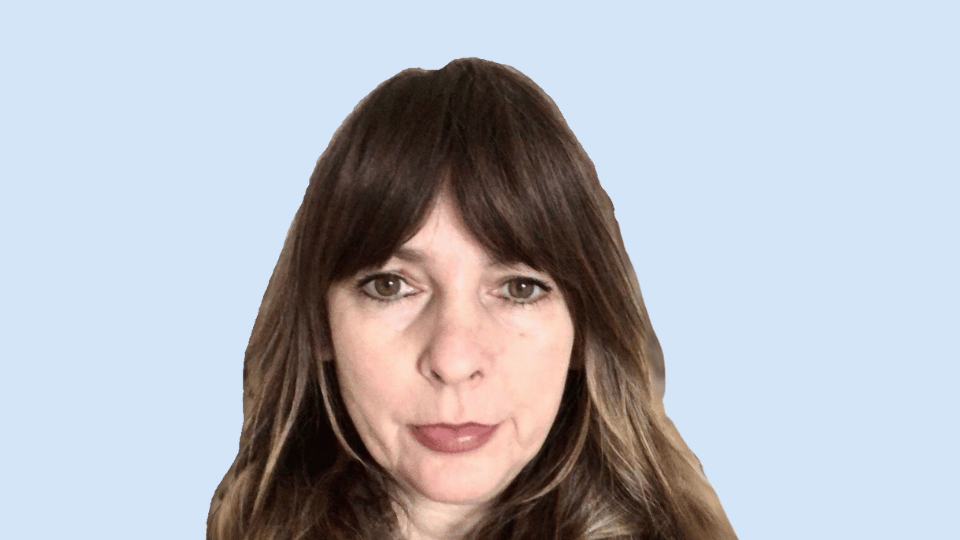About
As an art therapist, I deliver strategic, specialist therapy groups across separate multidisciplinary teams. For each service, I work as an independent clinician providing art therapy assessments, formulation and treatment. My aim is to provide the most effective form of therapeutic intervention using psychodynamic, brief-solution focused and mindfulness models, and I use a trauma-informed approach for all of the work I do.
I am proud to be able to work with people who have not been able to access traditional talking therapies. In this way, art therapy helps to ensure that no one is left behind.
Clients have told me that using the art materials in art therapy is like finding another way of talking and expressing things that are difficult to put into words. Through the process of creating images and reflecting upon them, you can make connections with past experiences and present difficulties to help you to develop a greater understanding of your situation and yourself. This can be very grounding, enabling you to see you have more choices and to feel more in charge of your life.
Recent research has found that after art therapy sessions, participants show lower cortisol levels regardless of their skill.
Position at Priory
- Art psychotherapist at Priory Hospital Altrincham.
- Rebecca has 17 years’ experience delivering specialist art psychotherapy groups across a variety of mental health services on the general programme, with bothadults and young people.
- Rebecca is registered with the HCPC and is a member of The British Association of Art Therapists.
- Rebecca is a trauma-informed, psychodynamic art psychotherapist with a specialist background in CAMHS.

